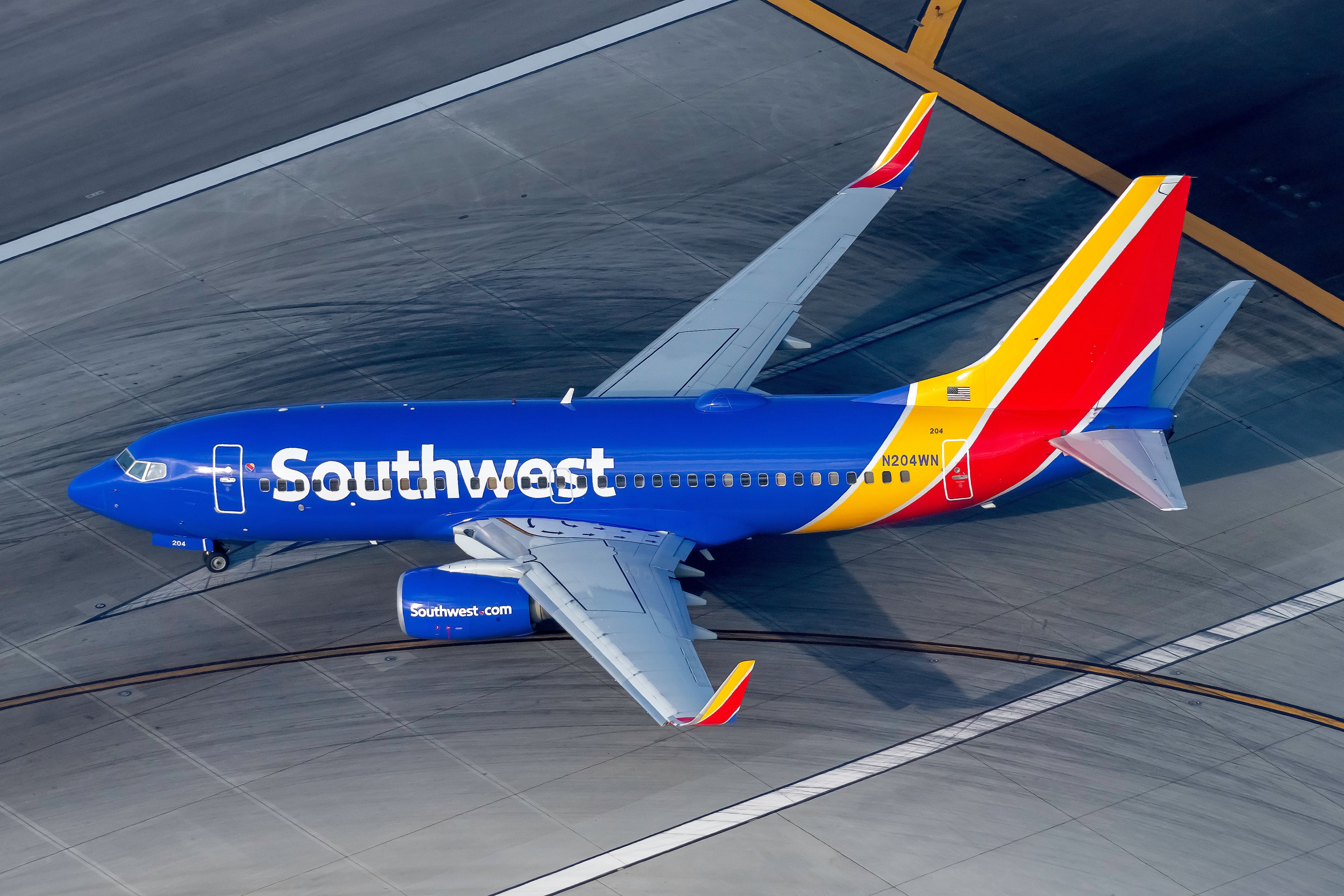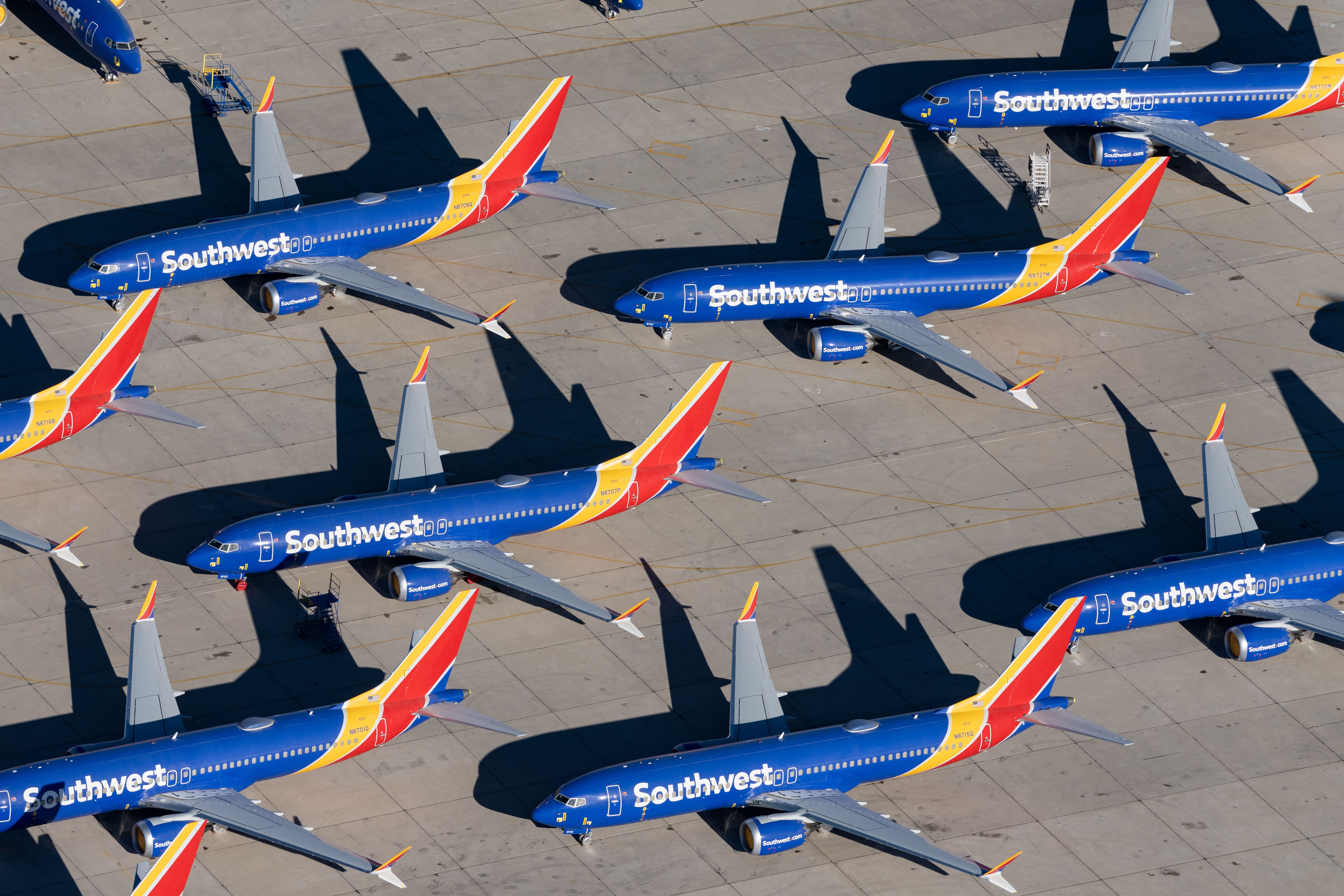Southwest Airlines has announced an investment into SAFFiRE Renewables, LLC as part of a Department of Energy (DOE) backed project to develop and produce scalable, sustainable aviation fuel (SAF). The DOE will match Southwest's investment with its own grant. SAFFiRE is expected to utilize technology developed by the DOE's National Renewable Energy Laboratory to convert corn stover, a widely available waste feedstock in the US, into renewable ethanol that will then be upgraded into SAF.
What the investment means for US SAF production
In 2021, the DOE awarded SAFFiRE's founding company with the only pilot-scale grant for SAF production, with a goal to scale technology that could commercialize SAF. According to National Renewable Energy Laboratory, this could produce significant quantities of cost-competitive SAF that could provide an 84% reduction in carbon intensity compared to conventional jet fuel on a lifecycle basis. Southwest's match of the DOE's grant supports phase one of the project, which is expected to include technology validation, preliminary design, and a business plan for a pilot plant.
Bob Jordan, Chief Executive Officer at Southwest®, said:
"SAF is critical for decarbonizing the aviation sector. This is a unique opportunity to invest in what we believe could be game-changing technology that could facilitate the replacement of up to approximately five percent of our jet fuel with SAF by 2030, with the potential to significantly continue to scale beyond the decade. This first-of-its-kind investment is another step we are taking to address our environmental impact, and it also supports our efforts to partner with organizations and government entities to help our industry reach the goal of carbon neutrality by 2050."
In 2021, Southwest set a near-term goal to maintain carbon neutrality to 2019 levels while continuing to grow its operations, part of which includes replacing 10% of its total jet fuel consumption with SAFs by 2030. This investment will also help the federal government with its SAF Grand Challenge target of producing three billion gallons of SAF by 2030.
Discover more aviation news here.
Corn-stover-to-ethanol technology
The pilot project is intended to validate the commercialization of corn-stover-to-ethanol technology, which could lead to a follow-up phase. If phase one is successful, DOE and Southwest would have the opportunity to fund a second phase investment for the design, fabrication, installation, and operation of a pilot plant producing renewable ethanol utilizing technology.
If phase two of the project goes ahead, the renewable ethanol is planned to be upgraded into SAF by LanzaJet, Inc, at its biorefinery currently under construction in Soperton, Georgia.
Mark Yancey, CEO of SAFFiRE, said:
"We are extremely excited to be working with Southwest Airlines—they will be a great investor. SAFFiRE technology is expected to produce lower carbon SAF compared to conventional jet fuel on a lifecycle basis, which could become carbon negative with process improvements and carbon capture. If we are successful in developing and commercializing this technology, we project the technology can produce 7.5 billion gallons per year of SAF by 2040."
Looking ahead
The recent rise in aviation fuel prices has made existing SAFs more competitive and also underlined the advantages that would come from more secure energy sources. If Corn stover conversion is a success, it could form a significant chunk of future SAF production.
What do you think of Southwest's recent investment? Let us know in the comments below.



.jpg)